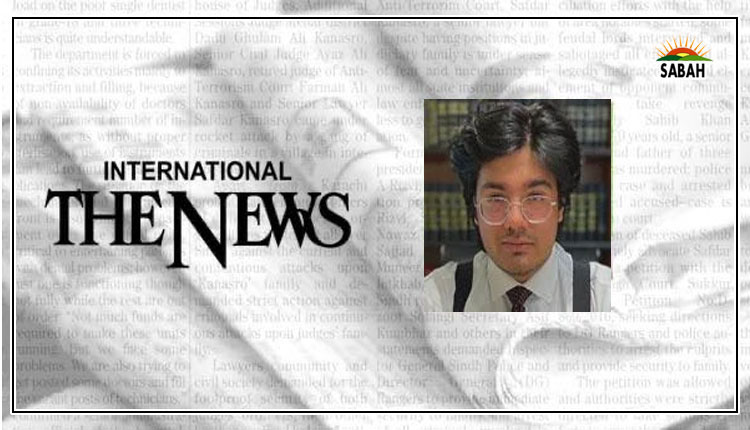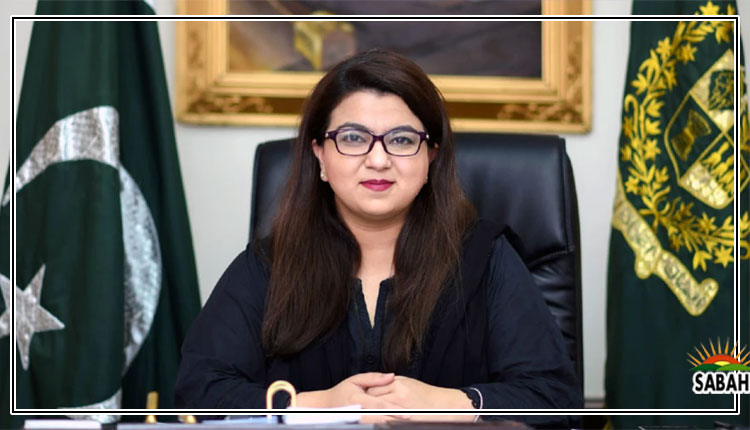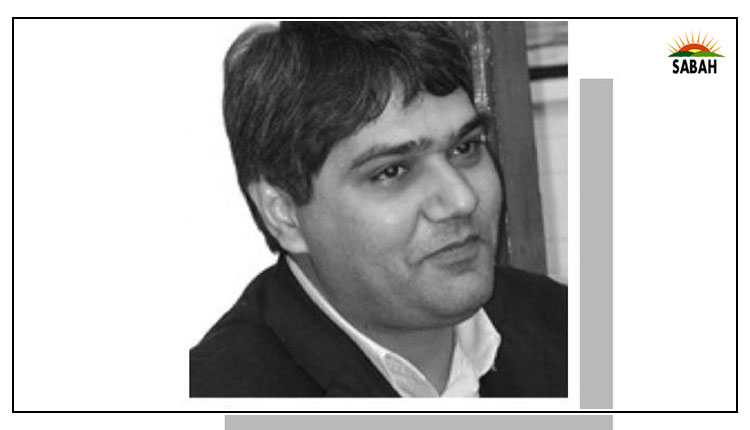Performing a political wonder…Muhammad Amir Rana
Although delayed once before, the all-parties conference (APC) called by Prime Minister Shehbaz Sharif has now been deferred indefinitely. The conference was to discuss and develop a consensus on ways to overcome the challenges facing the country, including terrorism and the economic meltdown. Meanwhile, parliament has approved the mini-budget the Finance (Supplementary) Bill, 2023 and the security forces have intensified their operations against the terrorists. This could have led the government to abandon the idea of building a national consensus on critical challenges.
The impression is becoming stronger that the establishment and political parties use the term national consensus rhetorically, and neither genuinely believes in the process. The growing political frenzy and rigidity within the institutions have pushed the country into complete chaos. It is best described by the Urdu phrase aapa dhaapi, or an onrush of selfishness. The situation has reached a level where the chief organiser of the ruling party is distancing herself from decisions taken by the government. There has never been a better time to initiate a broad-based dialogue among the political parties to keep all institutions within their limits and protect key national interests. Though a functioning legislature is the best forum to hold a broad-based dialogue, it is paradoxical that the political parties themselves do not believe in parliament and always go for deals beyond the parliamentary and constitutional domain.
When Bilawal Bhutto-Zardari stresses the need for a code of conduct for all political parties to strengthen parliament, he ignores the way in which the coalition government is running the House. One should separate political deals from dialogue. Dialogue is a civilisational trait, and a deal is business, but both can go together if the purpose is to repair or strengthen the social contract between all stakeholders. Imran Khan is reluctant to become part of any such process. He believes his party will be a winner in the upcoming elections because he is popular and has successfully constructed his master narrative against the three mainstream parties. Perhaps no one from the ruling alliance has directly contacted him for negotiations, and Khan exploits it as a major weakness of his opponents. He knows where the power lies and wants direct interaction with those who wield it. Perhaps direct contacts among political parties can bridge the trust deficit and open the door for dialogue.
Present-day Pakistan does not have mediatory figures like Nawabzada Nasrullah Khan to bring political opponents to the table. Those who have been sidelined by their respective parties or are more sensitive have launched the Reimagining Pakistan drive. Had they put their collective energies into initiating a national dialogue, the situation would have been different; at least some sane voices would have been heard in the countrys political landscape.
Almost all major political parties are part of the ruling alliance, except for the PTI, the Jamaat-i-Islami and a few other small parties. An APC without the PTI and JI would be like a joint parliamentary meeting of the ruling parties. If the government decides to convene the multiparty moot, it should also bring the PTI on board. Conversely, the PTI itself can call such a moot if it really feels wounded by the establishment.
Setting up an agenda for such a political dialogue could be crucial as it would determine the initiatives outcome, and it should be decided collectively rather than by the hosts alone. Nothing would be better than if all political parties submitted their ideas and recommendations for mitigating the critical challenges the country is facing. The APC can form sub-committees to discuss ideas on the economy, security and supremacy of parliament and give final shape to these ideas, which could be presented in the party heads meeting.
Convening such an APC is not an idea out of Utopia, as there is precedence for it. The last time we saw such a coming together of political parties was in preparation for the 18th Constitutional Amendment. Several ideas are in the air, and the government must be aware of that. But for these ideas to materialise, a functional and creative bureaucracy, which is nonexistent at the moment, would be required. The bureaucracy in Pakistan is malfunctioning. Instead of indulging in a blame game about who is responsible for the current state of the system, there is a need to focus more on converting ideas into practice, and political parties can take up this task. The second challenge has to do with consensus; a weak government can spoil a brilliant idea, but a strong government can implement the worst policies.
A political consensus makes the task easy for the government and bureaucracy. The establishment and other institutions remain reluctant to reverse consensus decisions, as in the case of the 18th Amendment. Even though attempts have been made to sabotage the constitutional amendment, the latter has prevailed so far. It is a different case that the provincial governments still need to translate the amendment for their own benefit.
The strategy of such a moot should be non-confrontational between parties and with other institutions. If the political parties work within constitutional limits, no other institution would have the courage to undermine them. The power of political consensus has no match and does wonders. However, the question is, are the political parties ready to perform this wonder?
Except for a few exceptions, political parties in Pakistan do not have a tradition of accommodating dissent, nor do they have democracy within their own structures. How can one expect wonders from such a weak political structure in the country? Dialogue proceeds only with viable arguments, and this can come through internal strength. Political parties may have to embark on an internal process to gain strength for a dialogue on issues of national importance.
Courtesy Dawn












